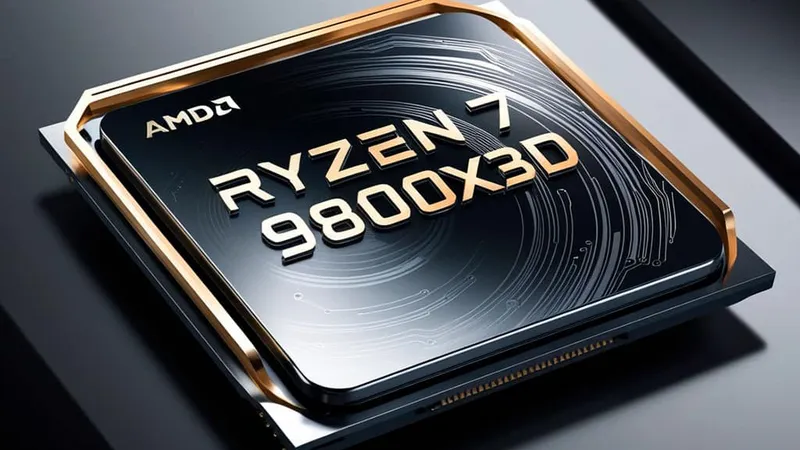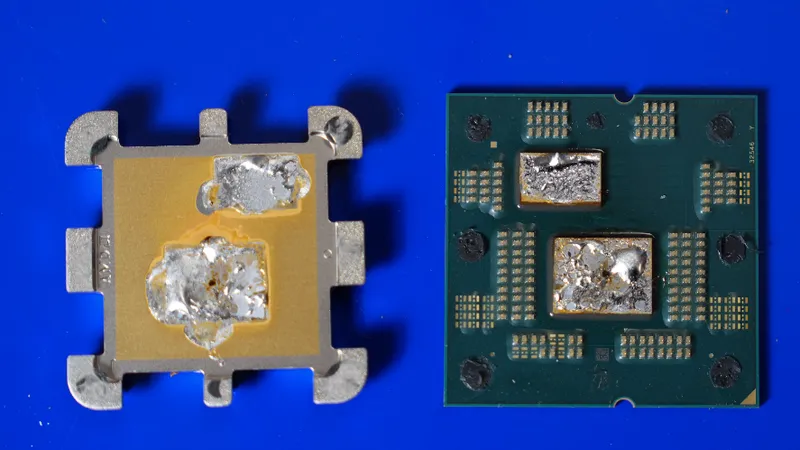In case you haven't been paying attention to the tech space, for the past several generations of Intel processors there has been significant criticism from reviewers and enthusiasts with big concerns about power.
While Intel's processors since the 12th generation have had very high clock speeds and performance, that has also been accompanied by significant increases in power draw and heat, often beating the equivalent AMD processors but with as much as double or even triple the power draw, and to the point that many of the i9s were considered impossible to cool properly without custom water loops or the highest-end all-in-one water coolers.
Earlier this year, certain CPU instability and failures were being blamed on motherboard manufacturers having unrestricted default settings, but what has been coming to light over the past couple months has been news that the 13th and 14th i9s have extremely high failure rates, combined with some known manufacturing defects.
Some of the earliest hard evidence that started the conversation in earnest was a investigation by Wendell from Level1Techs, who looked into failure rates of 13th and 14th gen i9s being used in server spaces:
This exposed some fundamental issues with the Intel processors even in a server setting that would typically have controlled and conservative enough power settings to eliminate any potential overclocking, high-burst gaming issues.
That leads to a journalistic breakdown by Gamers Nexus:
They followed that up with a further expose on Intel's reaction to the wide criticism:


